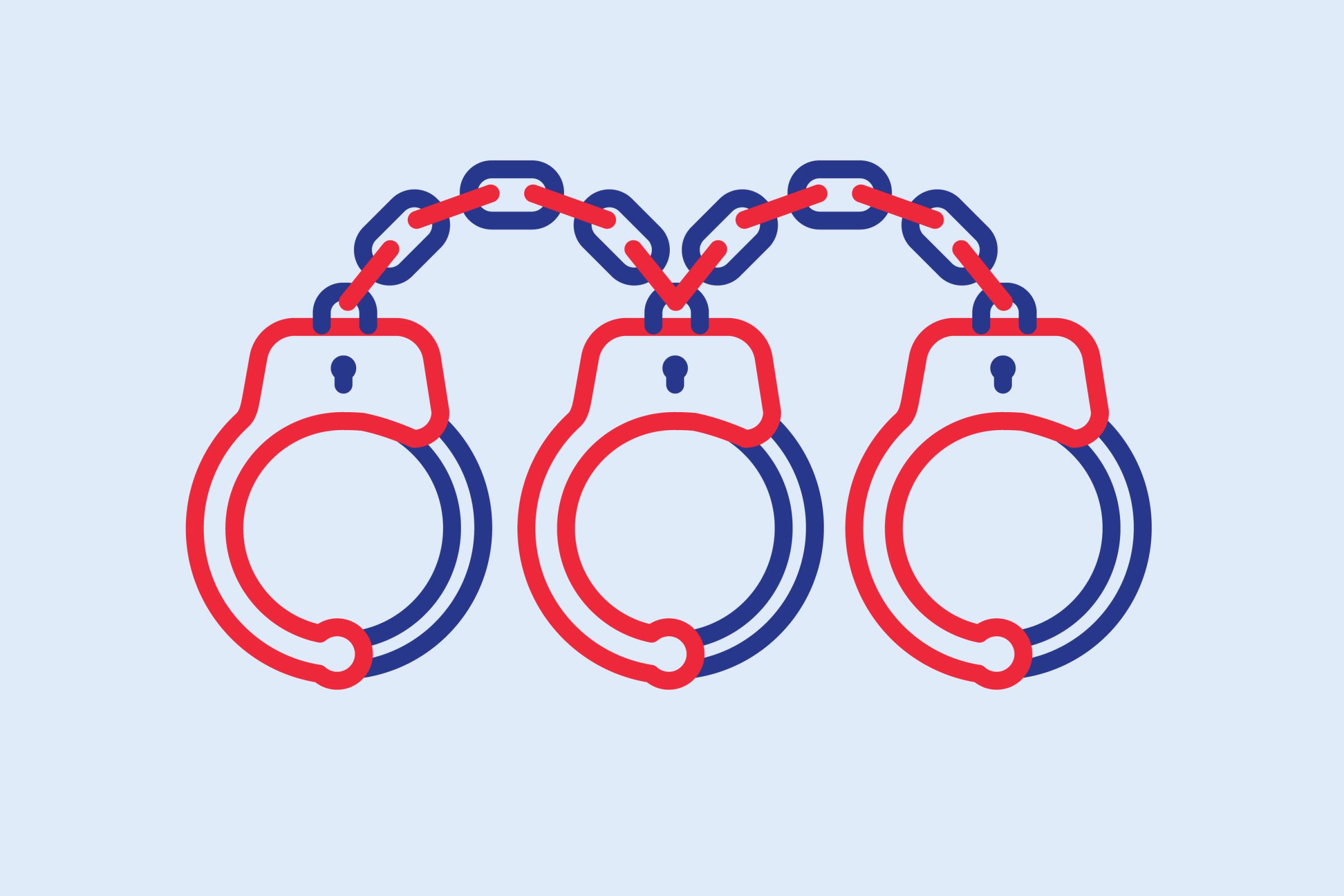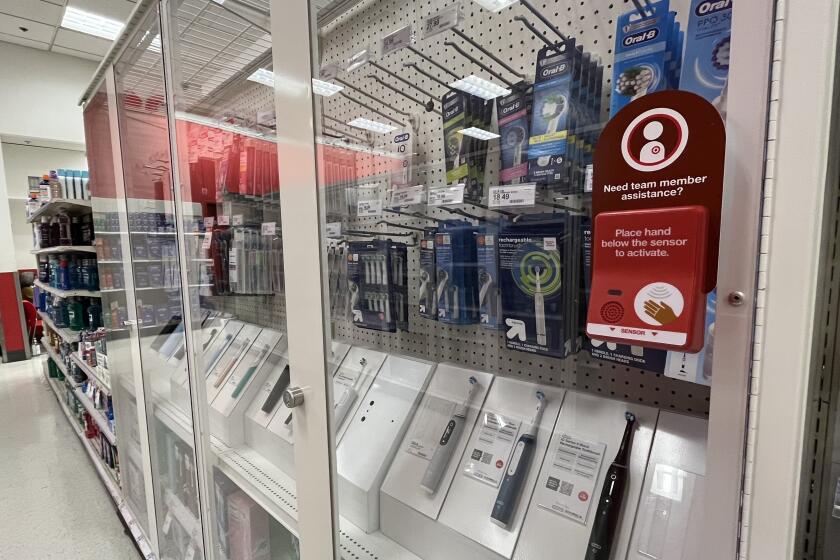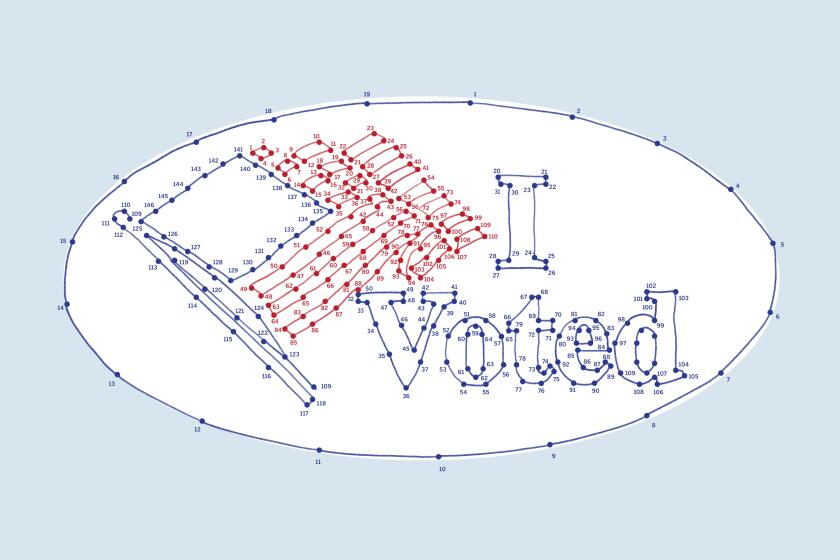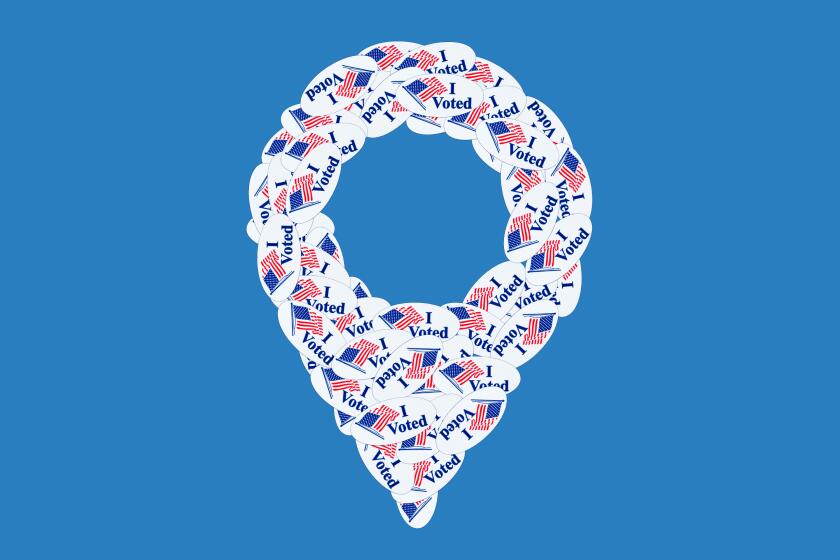Sign up for Essential California
The most important California stories and recommendations in your inbox every morning.
You may occasionally receive promotional content from the Los Angeles Times.
Anabel Sosa is a reporter for the Los Angeles Times’ Sacramento bureau, covering legislation and politics. She is a graduate of UC Berkeley’s School of Journalism and a California Local News fellow.
Gabrielle LaMarr LeMee is a data reporter on the Los Angeles Times Data Desk. She was previously the data editor at Chalkbeat, a nonprofit news organization covering education across several cities and states. LaMarr LeMee has a master’s degree in information design and data visualization from the College of Arts, Media and Design at Northeastern University.






























